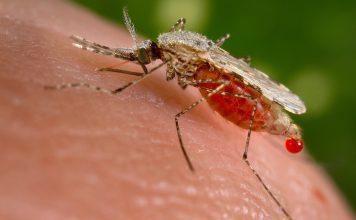Professor Olusegun Ademowo, a researcher on malaria pathogenesis and molecular resistance at the University of Ibadan, debunked the misconception that walking under the sun or experiencing stress can result in malaria infection.
According to WAKADAILY, he emphasized that malaria is only transmitted through exposure to the malaria parasite carried by female Anopheles mosquitoes.
There has been a prevalent belief among some individuals that prolonged exposure to sunlight can lead to malaria infection, causing them to wrongly attribute feverish symptoms to recent sun exposure and seek anti-malaria drugs without proper blood tests.
In contrast, the World Health Organization (WHO) clarifies that malaria is primarily spread through bites from infected female Anopheles mosquitoes and can also be transmitted through blood transfusion and contaminated needles, although the number of cases through these modes of transmission is minimal.
The WHO highlights malaria as a life-threatening disease with various symptoms including fever, cold, headaches, fatigue, and difficulty breathing.
As of 2022, the global burden of malaria is estimated to be around 249 million cases and 608,000 deaths across 85 countries, with Africa accounting for a significant percentage of these cases and deaths.
In commemoration of World Malaria Day on April 25, the WHO expresses concern over the stagnation in efforts to reduce the global malaria burden. This year’s theme, “Accelerating the fight against malaria for a more equitable world,” aims to achieve the 2030 malaria reduction target through equity-oriented, gender-responsive, and human-rights-based approaches.
Professor Olusegun Ademowo also stresses the importance of preventive measures and proper diagnosis and treatment of malaria to combat the onset of anti-malarial resistance.
